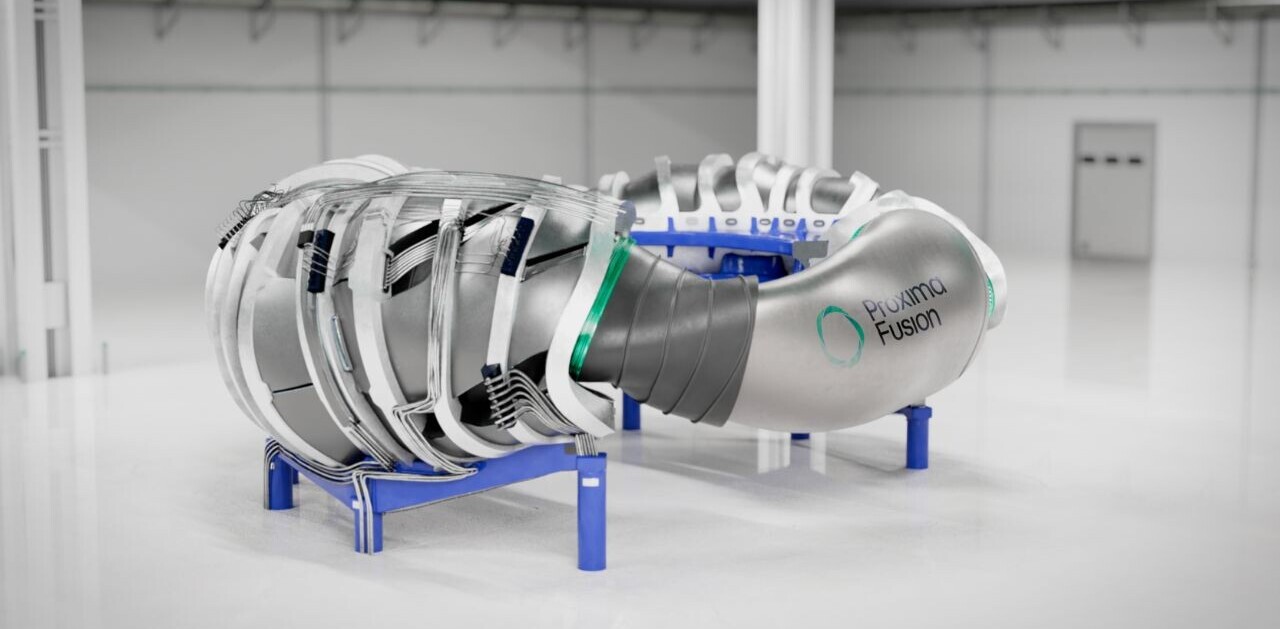
“There are nights when I lie awake and I am afraid this pace will blow up in our faces,” Christina Polleti, chief strategy officer and co-founder of German car subscription startup Cluno tells Growth Quarters.
Polleti is referring to the fast-growth Cluno is experiencing. Based in Munich, Cluno was founded in 2017 and offers a car subscription service allowing customers to pay a fixed monthly fee instead of buying, renting, or financing a vehicle. The fee covers all costs except refuelling, of course.
Technology has radically transformed the automotive industry, changing how cars are designed, used, and driven. A 2016 McKinsey report noted how the annual growth rate of car sales was expected to drop to around 2% by 2030.
[Read: Reinvest and obsess: How BlaBlaCar became a European tech unicorn]
This decrease, the report adds, is largely driven by macroeconomic factors and the rise of new mobility services such as car sharing and e-hailing.
Two years later, in 2018, consulting firm Roland Berger went as far as saying that the car-as-a-service market would grow by approximately 5% a year to hit €86 billion by 2025.
If the research is to be believed, Cluno has certainly found its niche. In just three years, the startup says it has “a four-digit customer base” which, Polleti adds, is increasing exponentially. What’s more, since it entered the market, Cluno’s claims its annual recurring revenue is up almost 380%.
Expansion plans
Although growth can happen at great speed, it’s important for entrepreneurs to stay one step ahead of the game.
At the moment, the startup is only servicing customers customers Germany, but Polleti insists there are plans to go global:
“We aim to become the European market leader for car subscriptions. The concept works excellently in Germany and will therefore be all the more convincing in countries that have internalized the idea of using instead of buying.”

Polleti knows it’s important to acquire knowledge about each prospective market and play to your company’s strength.
She says Southern Europe is an interesting market, and because Cluno also offers new electric and hybrid models alongside more traditional combustion engines, Scandinavia’s emphasis on electrification is also an attractive territory.
“Right now, we see that the demand for alternative drive systems is rising as motorists are becoming more concerned about their ecological footprint,” she added.
Raising the cash
In September last year, Cluno disclosed it had raised €140 million in debt financing, explaining that €80 million of this tranche was in fact new money (the remaining €60 million was previously agreed).
“The topic of refinancing has kept us, the founders, awake at night. As a startup, getting money from banks to buy cars was a challenge — even with our background,” says Polleti, who alongside Cluno’s co-founders Nico Polleti (also CEO) and Andreas Schuierer (also CTO), exited easyautosale to Autoscout24 in 2015.
Aside from its debt financing round, Cluno has also resorted to venture capital. In April 2018, the startup closed a €7 million Series A led Acton Capital Partners.
This was followed by a €25 million Series B led by Peter Thiel’s Valar Ventures, which famously backed other fintech startups including Xero, TransferWise, and fellow German startup N26.
[Read: Growth hacking is BS — here are 3 tips for sustainable growth instead]
“When we come to an agreement with investors, it is not only about money. For us, it is important that our investors have a lot of experience in setting up startup companies and are available to advise us on any questions we may have. Valar Ventures brings a very global view and an international perspective to our company. The team’s in-depth experience with fintech companies is particularly invaluable to us,” Polleti says.
Being a founder is often glamourized — with many tech CEOs revered in the same way celebrities are — but starting a company requires hard work and determination.
“Nico and I quit our jobs at Porsche to start our own business. Many people thought we had gone crazy and advised us not to take the step in the first place. Looking back, we are both glad we were brave enough to ignore those voices around us,” Polleti says.
Her advice is for other founders and entrepreneurs is simple, yet effective: “There will always be obstacles. Some minor, some major. That’s when you need to be creative, clever, and hard-working. And above all, you need to hire the right experts for your teams so that you can spread the load over many shoulders.”
Get the TNW newsletter
Get the most important tech news in your inbox each week.





